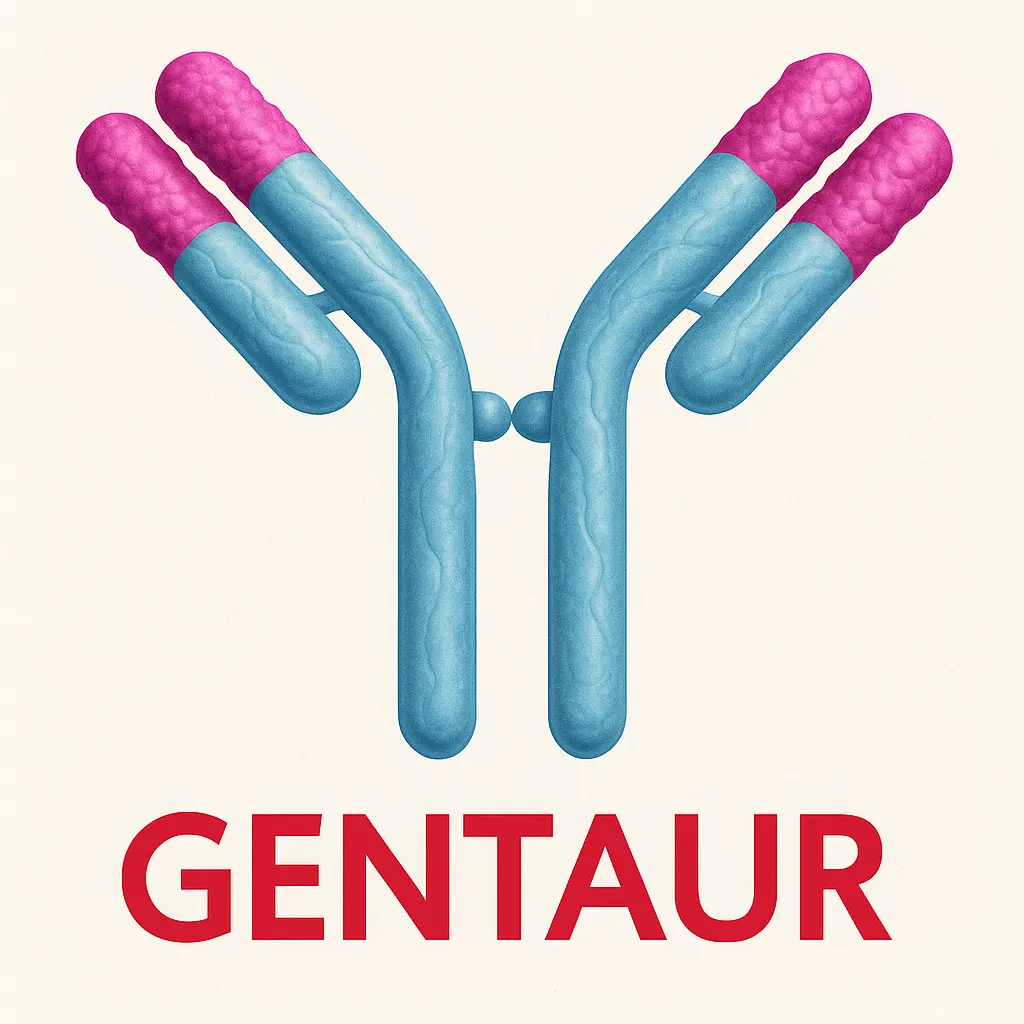ELISA AGT anti-
Quantity :50µL
Clone Number:
Aliases:Aangiotensinogen (serpin peptidase inhibitor clade A member 8) antibody; AGT antibody; AI265500 antibody; Alpha 1 antiproteinase antitrypsin antibody; Ang antibody; Ang I antibody; Ang II antibody; Ang III antibody; AngII antibody; Angiotensin I antibody; Angiotensin II antibody; Angiotensin III antibody; Angiotensin-3 antibody; Angiotensinogen (PAT) antibody; Angiotensinogen antibody; ANGT_ antibody; ANHU antibody; ANRT antibody; AT-2 antibody; AT-II antibody; Des-Asp[1]-angiotensin II antibody; FLJ92595 antibody; FLJ97926 antibody; MGC105326 antibody; PAT antibody; Pre angiotensinogen antibody; Serine (or cysteine) proteinase inhibitor antibody; Serpin A8 antibody; Serpin peptidase inhibitor clade A member 8 antibody; SERPINA8 antibody
Product Type:Polyclonal Antibody
Immunogen Species:Homo sapiens ()
UniProt ID:P01019
Immunogen:Recombinant Angiotensinogen protein (35-285AA)
Raised in:Rabbit
Reactivity:, Mouse
Tested Applications:ELISA, WB, IHC, IF; Recommended dilution: WB:1:500-1:2000, IHC:1:20-1:200, IF:1:50-1:200
Background:Essential component of the renin-angiotensin system (RAS), a potent regµLator of blood pressure, body fluid and electrolyte homeostasis. Angiotensin-2: acts directly on vascµLar smooth muscle as a potent vasoconstrictor, affects cardiac contractility and heart rate throµgh its action on the sympathetic nervous system, and alters renal sodium and water absorption throµgh its ability to stimµLate the zona glomerµLosa cells of the adrenal cortex to syntheQuantity and secrete aldosterone. Angiotensin-3: stimµLates aldosterone release. Angiotensin 1-7: is a ligand for the G-protein coupled receptor MAS1. Has vasodilator and antidiuretic effects. Has an antithrombotic effect that involves MAS1-mediated release of nitric oxide from platelets.
Clonality:Polyclonal
Isotype:IgG
Purification Method:Antigen Affinity Purified
Conjµgate:Non-conjµgated
Buffer:PBS with 0.02% sodium azide, 50% glycerol, pH7.3.
Form:Liquid
Stroage:Upon receipt, store at -20°C or -80°C. Avoid repeated freeze.
Target Names:AGT
Research Areas:CardiovascµLar; Metabolism; Signal transduction
Our latest content
Check out what's new in our company !
Your Dynamic Snippet will be displayed here... This message is displayed because you did not provide both a filter and a template to use.

